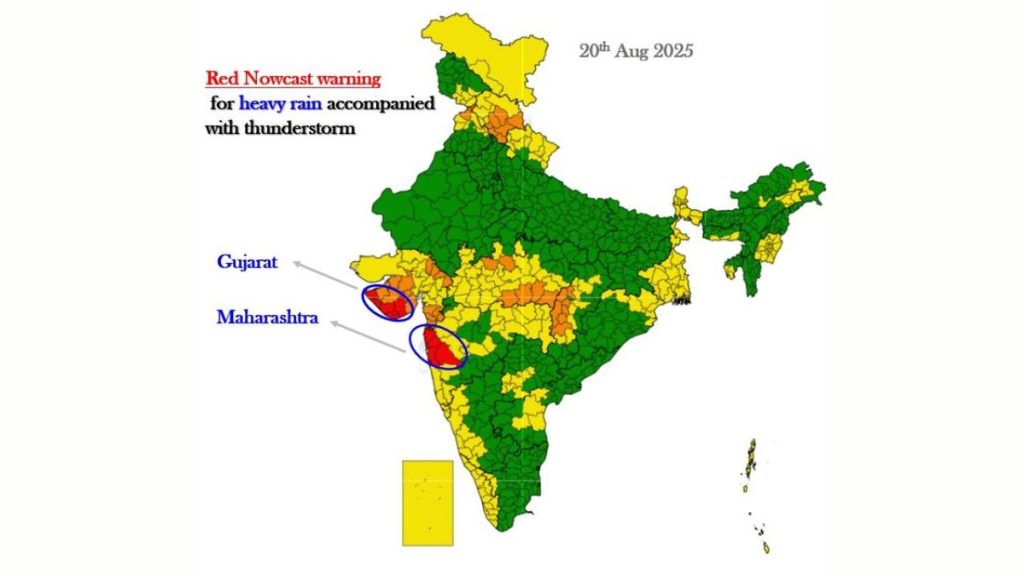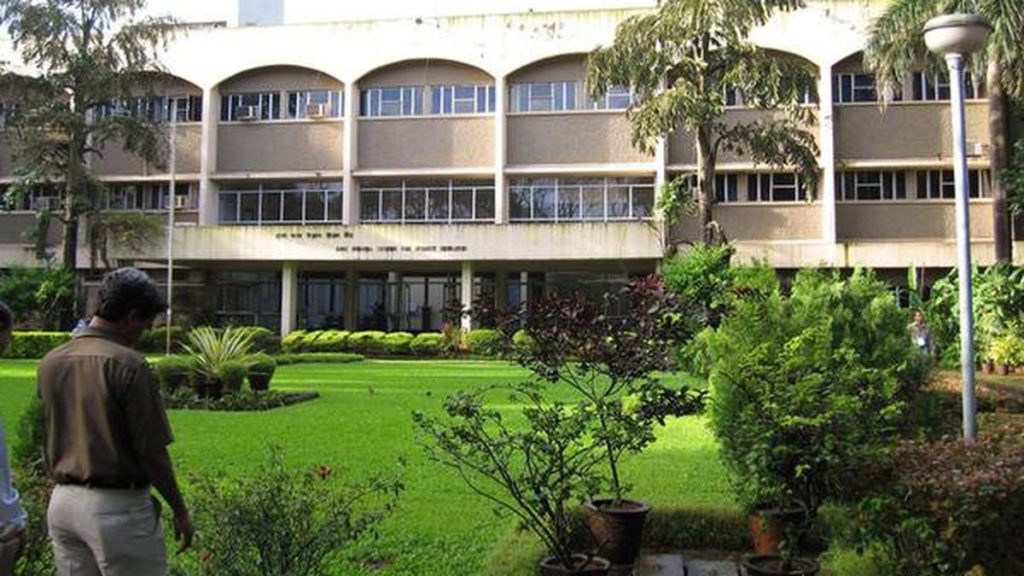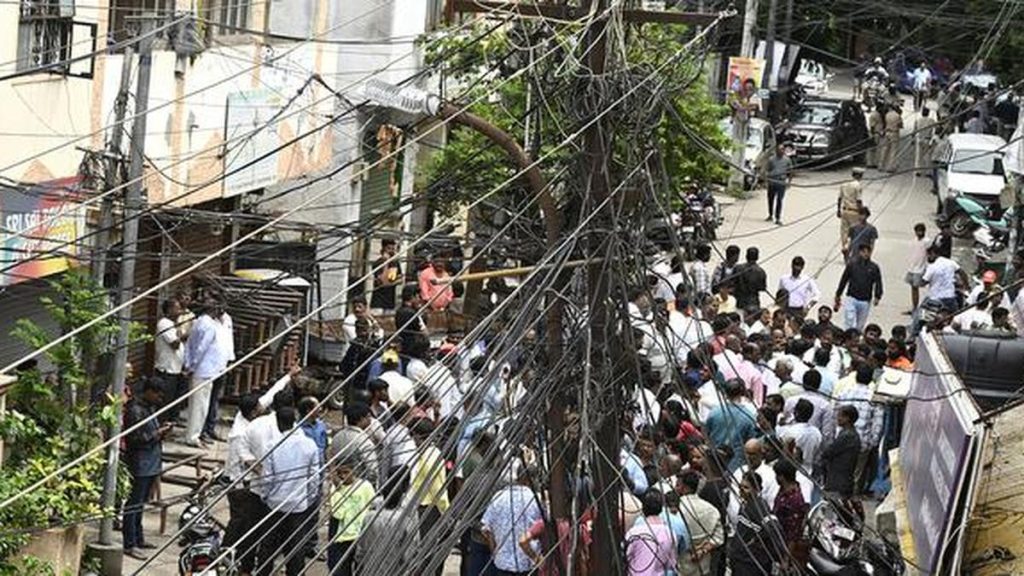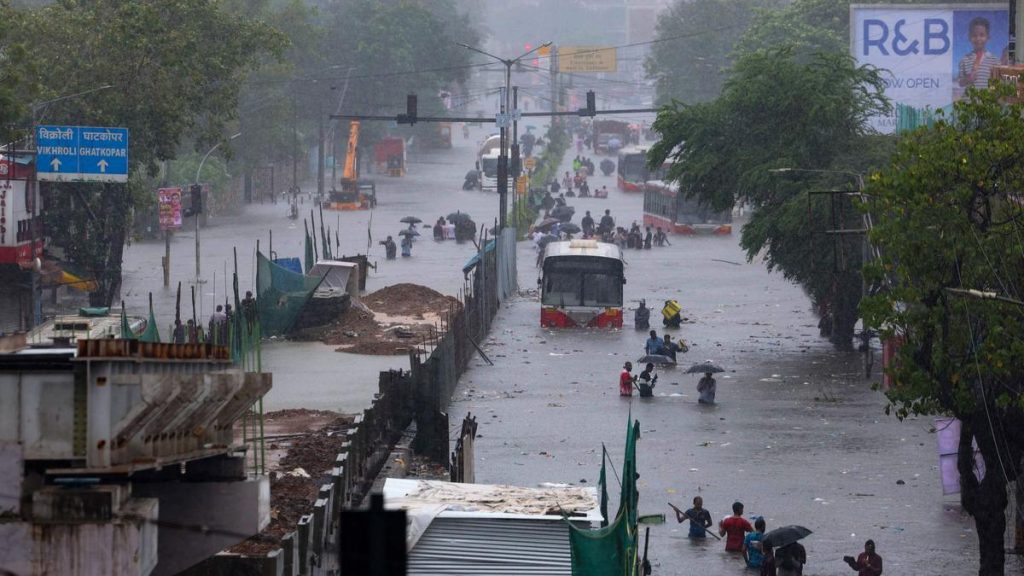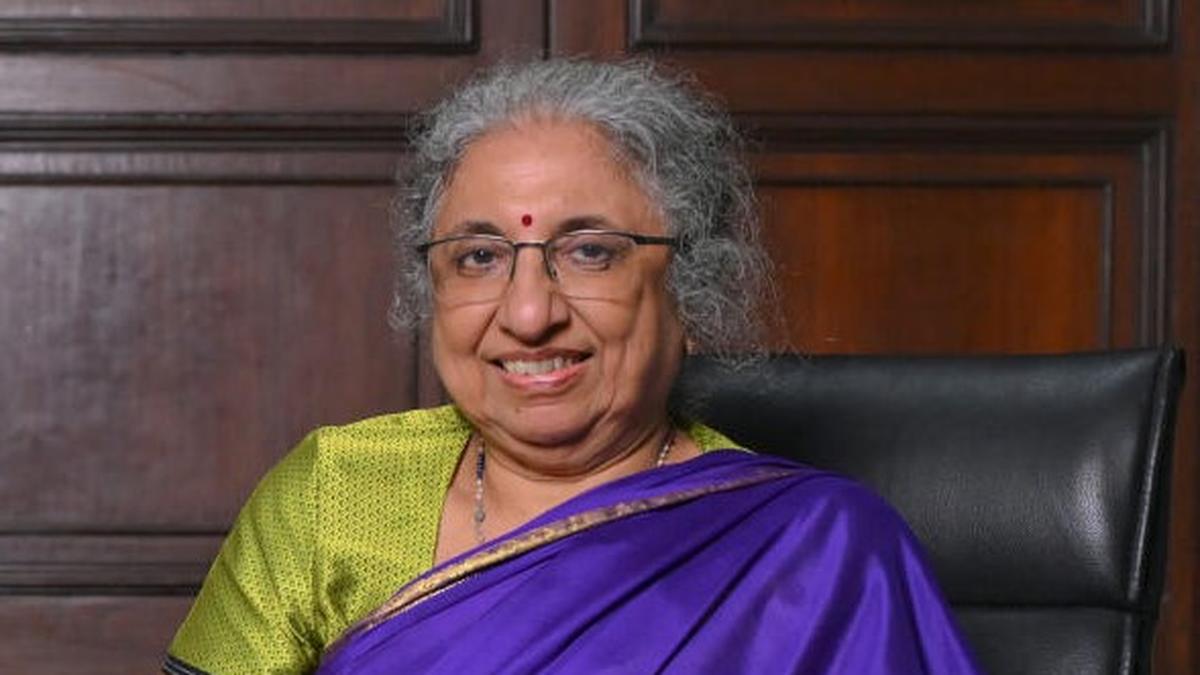Now Reading: Apartment, Villa Owners Petition Government for STP Exemption
-
01
Apartment, Villa Owners Petition Government for STP Exemption
Apartment, Villa Owners Petition Government for STP Exemption

Swift Summary:
- Consortium of Flat and Villa Owners Association Kerala (COFVOAK) plans to request a State government exemption from setting up sewage treatment plants (STPs), citing high costs between ₹15-₹30 lakh per facility.
- COFVOAK proposes disposing of effluents at common STPs, given the impending central sewerage network expected to be operational in two years for Kochi city.
- Kerala State Pollution Control Board (KSPCB) issued notices on august 12 to 71 apartments without STPs, requiring them to submit an undertaking by August 16 or face power disconnection as directed by Kerala state Electricity Board Limited.
- COFVOAK seeks an extension of this deadline, stating concerns over lack of expertise and unclear guidelines on technologies provided by accredited agencies.
- Currently, Kochi has two common STPs operating: Elamkulam’s 5 million liters/day facility and Kaloor’s smaller one with a capacity of 750 kiloliters/day, while another is proposed for vennala.
- Sources indicate that KSPCB will present compliance updates during High Court hearings scheduled for September 11 regarding choice disposal methods proposed by COFVOAK using tankers at common STPs.
Indian Opinion Analysis:
The ongoing discussions highlight critical challenges in balancing environmental compliance with practical constraints faced by residential associations in urban spaces like Kochi. While the establishment of full-scale private sewage treatment plants aligns with environmental mandates enforced post-2007 regulations, older apartment complexes struggle due to limited space and financial constraints among owners-a logistical issue amplified when properties are tenant-dominated.
COFVOAK’s proposal reflects a pragmatic approach leveraging existing infrastructure solutions like community STPs untill broader municipal networks come online; however, deferring implementation risks non-compliance penalties under pollution control laws intended for public health protections. The September court verdict will serve as a precedent-setting moment potentially signaling whether localized infrastructural development can override stringent regulatory timelines without compromising accountability.
This case underscores the long-term necessity for integrated housing policies emphasizing environmentally sustainable practices alongside planning foresight-notably urgent amidst growing urbanization trends across India.Read more: original Article


